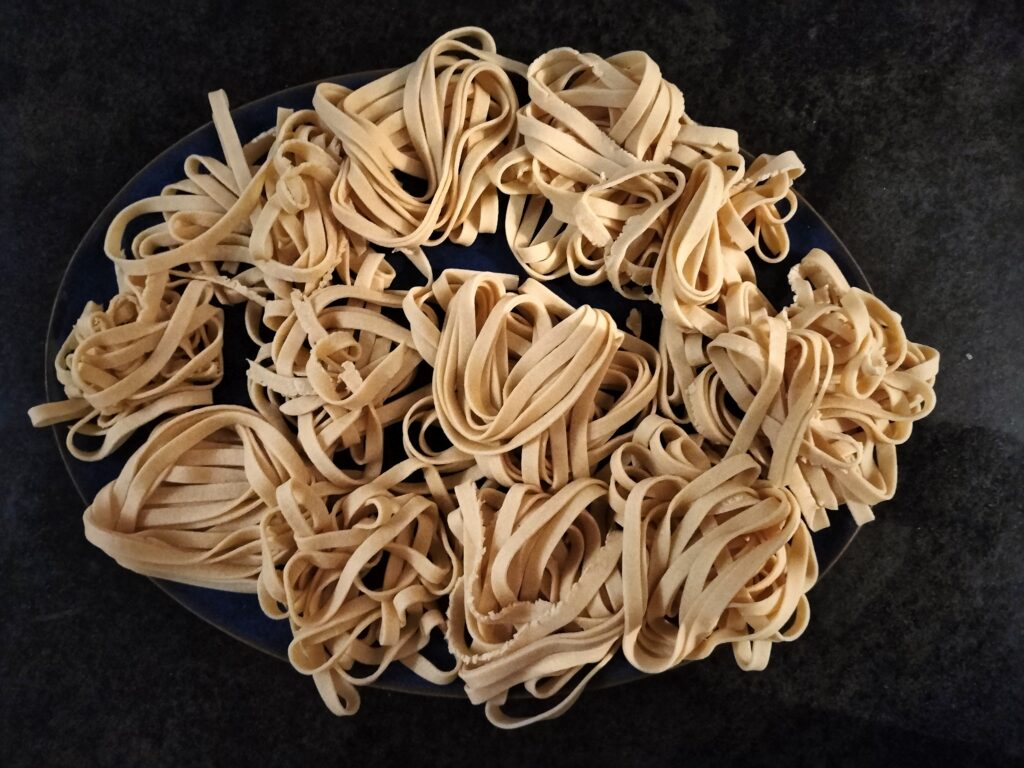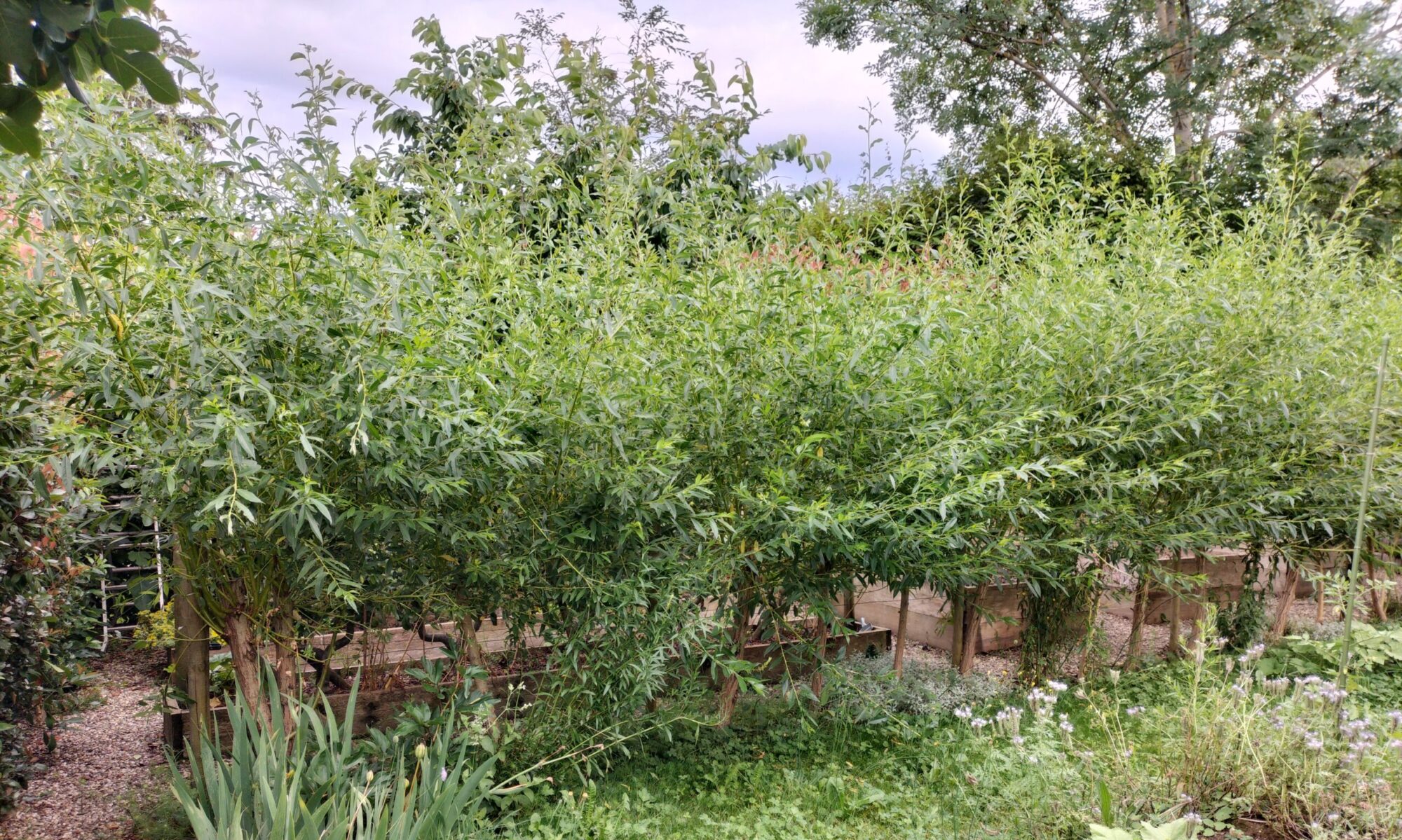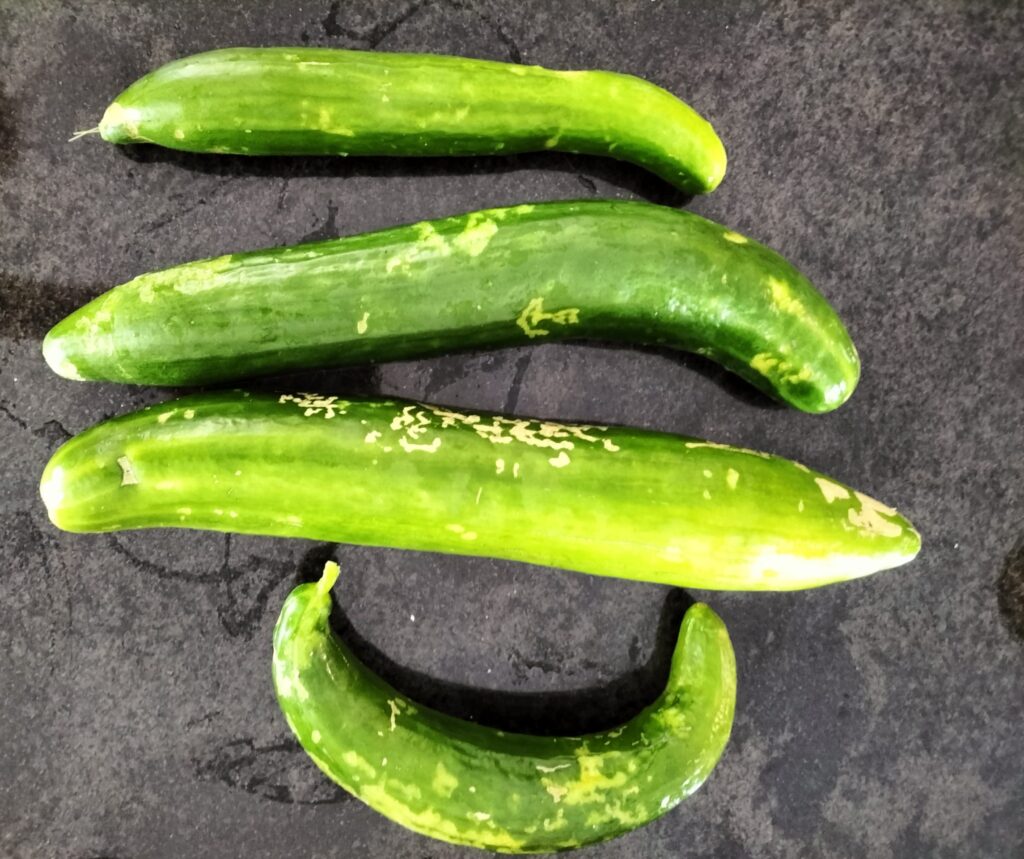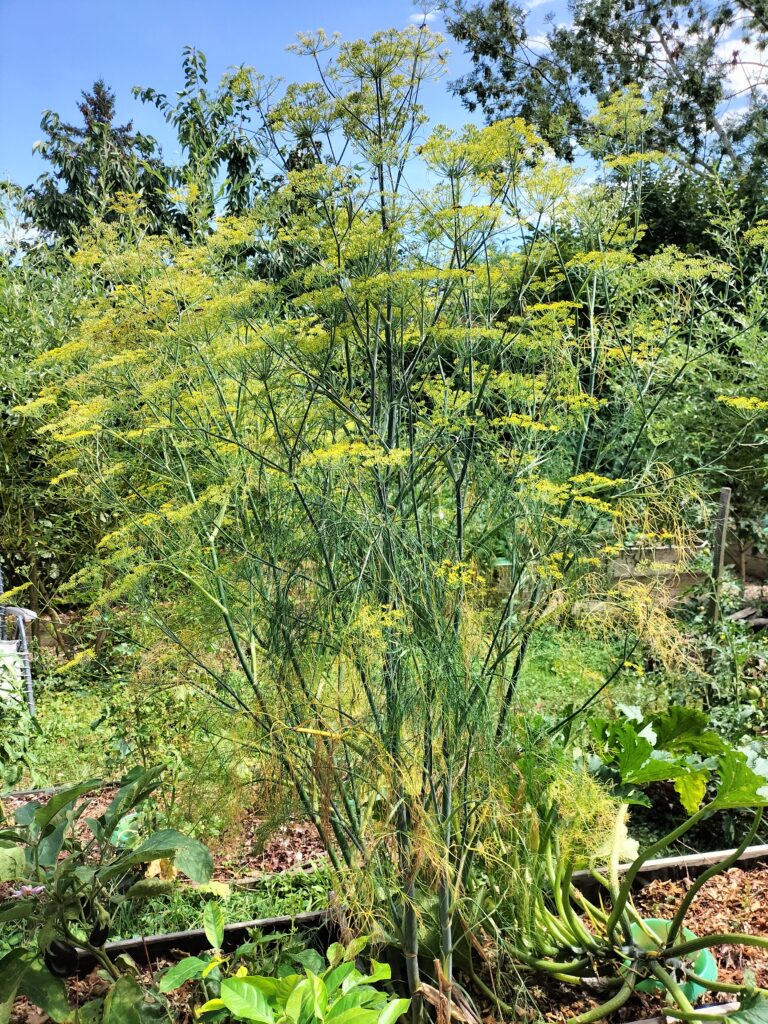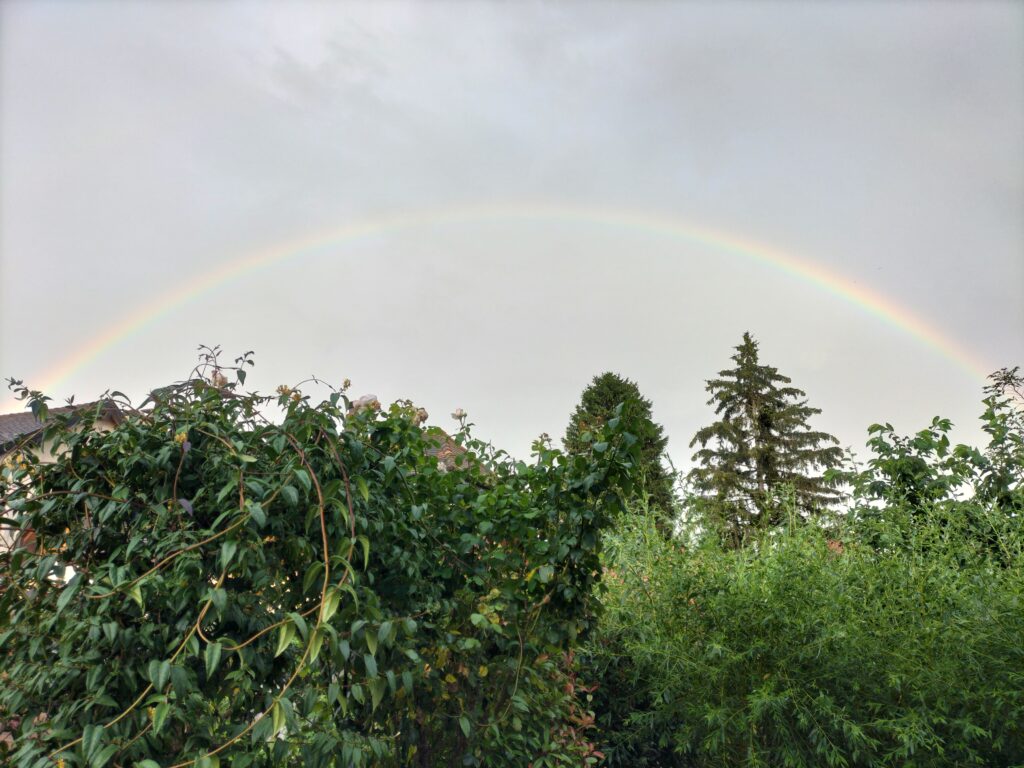This is a reflection written for the start of Creationtide with the theme of water, based on the following passages: Job 37:1-13, Revelation 22:1-7 and John 19:31-37.
I love the book of Job, or at least parts of it. Interspersed between long speeches about Job’s suffering, and the possible reasons for it, are radiantly beautiful passages about the glory of God as revealed in the natural world. The passage I chose for our reading today is a beautiful reminder of the majesty of God’s gift of water in the form of snow, rain, ice, and moisture.
It was in the water that God ignited the first spark of life at least 3.5 billion years ago, bringing single-celled microbes into being near hydrothermal vents. By about 1.2 billion years later, a bacterium had emerged that could convert sunlight into chemical energy, releasing oxygen into the atmosphere as a by-product, and preparing the way for complex life to thrive in the millennia to come.
We humans, along with fish, amphibians, reptiles, birds and other mammals, have retained something of that primordial ocean within bodies, in the form of the fluid that surrounds our cells. Nearly two-thirds of our bodies are composed of water, and we are entirely dependent on it for our survival. Our blood, sweat and salt tears are another reminder of our origins in the primordial seas.
Human life still begins in salt water: the foetus grows and plays in the amniotic fluid of its mother’s womb, and we speak of waters breaking when the time comes to deliver.
Water is a remarkable molecule, quite unlike any other. It is made up of one oxygen and two hydrogen atoms, which gives it a particular shape and electronic configuration that lead to specific properties. It is these properties that make water a blessing that sustains life like no other molecule could.
Its chemistry means that lakes don’t freeze completely solid in winter, nutrients are transported to the top of trees against the force of gravity, sweat cools us down, and the temperature of ponds stays relatively constant from day to night.
Water cycles continuously throughout the planet; liquid water evaporates into water vapor, condenses to form clouds, and precipitates back to earth in the form of rain and snow. This dynamic flow is essential for the wellbeing of every living thing on the planet.
But our relationship with water is distorted. We have forgotten our oceanic origins and severed our connection with the water that birthed us. We treat water as a commodity, something to be used and abused to the point that rivers are being polluted by industrial farms and contaminated once again with untreated sewage. What is happening with water on a planetary scale exemplifies our alienation from the rest of the non-human world. The increasingly erratic weather patterns we are experiencing in this ecological crisis often feature water: too much when there is flooding and too little in times of drought, and the weakening gulf stream that warms western Europe is carried in the Atlantic ocean.
The consequences of our alienation from the rest of creation are increasingly dire for people in particularly climate-sensitive countries. Malawi, Zimbabwe and Zambia, for example, have been badly affected by drought this year, with 68 million people needing urgent food aid.
For the sake of our brothers and sisters in these countries, and for many other good reasons, we urgently need to establish a healthy relationship with the non-human world, including the holy gift of Sister water, recognising, as St Francis did, our deep connection with her. In his Canticle to the Sun, he wrote “Praised be You, my Lord, through Sister Water, which is very useful and humble and precious and chaste.”
The imagery of water flows through the Bible, sometimes as a symbol of judgement, as in the story of the flood or of the drought announced by Elijah, and sometimes as a symbol of grace, like the dew on Gideon’s fleece or when Jesus offered the water of life to the woman at the well.
We meet it again in our second reading from the book of Revelation. This apocalyptic text is full of strange images, and we aren’t meant to take them literally, but they are useful because pictures and images help us to make sense of our world.
This reading comes just after a description of the New Jerusalem, the perfect city in which God makes his home with mortals, where there will be no more death, mourning, crying or pain. It is a vision of future wholeness where the union between humans and God is so complete that there will be no need for the light of a lamp or of the sun. In this hopeful image of a restored creation, we read of a pristine, unpolluted river flowing straight from the throne of God and of the Lamb. This river bears the water of life, which sustains the tree of life. This tree produces a different fruit each month and its leaves are for the healing of the nations: this living water brings fruitfulness to the earth and peace to humanity.
Here, Sister Water is freed from her bondage to the consequences of our sin, free to fully be the gift from God that she is. In the new Jerusalem we also will be the people that God intended us to be. This is an image of shalom – of wholeness, health, peace, safety, fullness, rest and harmony. This shalom is a restored relationship between us and the rest of creation, and between us and God. The world desperately needs to experience this; our times are marked by people alienated from each other, from God and from the rest of creation, with increasingly catastrophic consequences.
So how do we get from the reality of where we are today, with our polluted rivers, floods, and droughts, to experiencing life in shalom, sustained by the metaphorical river of life that flows from God’s throne?
There is one last water image in our third reading that bridges this gap. In John’s account of the crucifixion, we read that soldiers pierced Jesus’s side to make sure that he was dead. Water then flowed from this wound – it is a rather gory image, but it can be understood as a symbol of Christ releasing his divine life into the world.
Think of it like this: when a seed falls to the ground and is buried, in time it breaks open to release the new life of a seedling. Jesus on the cross is like a seed that is buried, dies and then releases his life into the world through the holy spirit. This divine life heals the ruptures within humanity, between humanity and creation, and between humanity and God.
This healing of ruptures, this all-encompassing shalom, is something we hope for in the fullness of time, but it also something we are called to live out in the present. This includes being at peace with water and with the rest of creation; but we can’t manage this in our own strength, as if the future of the planet rests entirely on our shoulders. Christ is the one who has broken the power of death and decay – he is the source of the water of life – and it is through him that shalom is coming. And yet, at the same time, we are his body now, and in the unfathomable mystery of God’s wisdom, he doesn’t do much, if anything, without our cooperation, and so we need to be radically open to whatever part he is calling us to play.
Returning to where we began, in the water, I encourage us to develop a deeper respect for Sister water, to conserve her rather than waste her. But there is more to this than switching the tap off when we brush our teeth; we need to look a little deeper and to use our imaginations. You’re probably quite familiar with the concept of the carbon footprint, but there is also our water footprint to consider. Everything we buy, use and throw away takes water to process and transport, we can use less water by making thoughtful purchases and reusing and recycling more. The same goes for food and, in this case, we can save water by eating lower on the food chain – so more plants and less meat and dairy products – by eating more whole foods and, very importantly, by not wasting food.
This is a call to live wisely, which brings me back to the image of the tree of life flourishing on the banks of the river in the New Jerusalem. It reminds me of Psalm 1, where we learn that a wise person who seeks God is like a tree planted by a river, whose leaves do not wither when the dry times come. By sinking our roots deep down into God, we can find our way to wisdom. There we can drink from the living water, which will make us fruitful and grow us into peacemakers, shalom-builders, in this world that is crying out for wholeness, peace and restoration.
